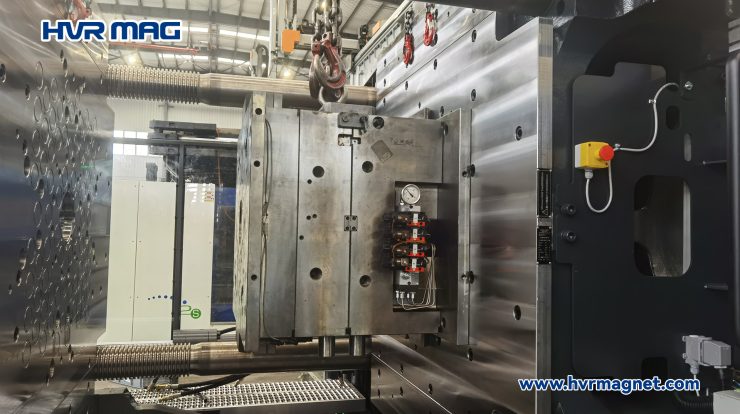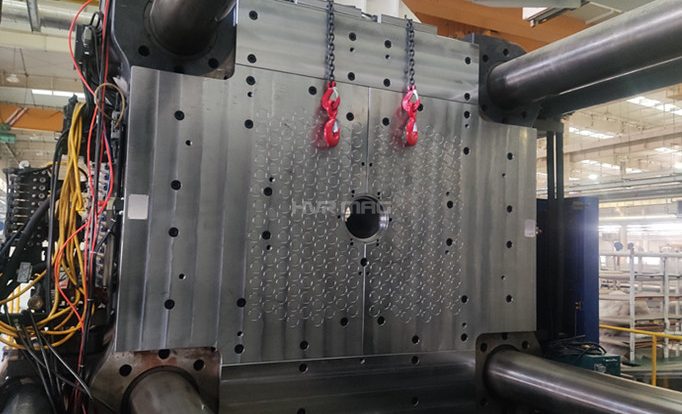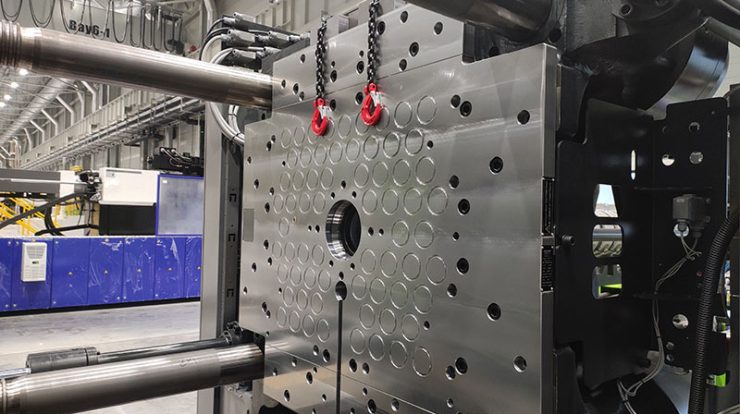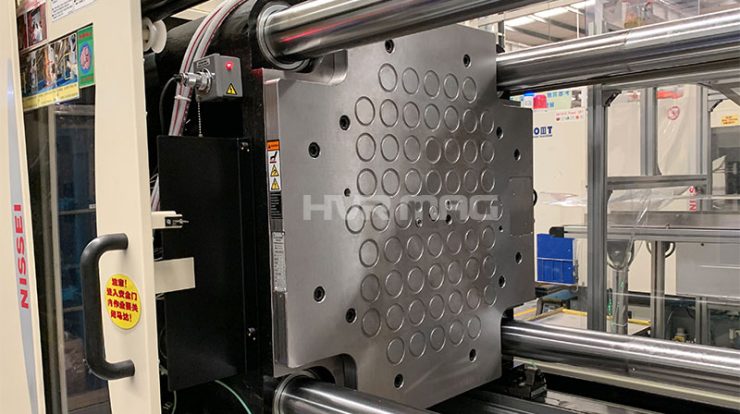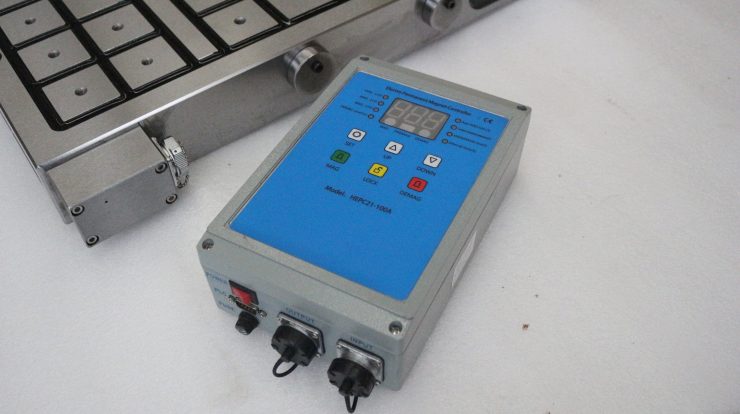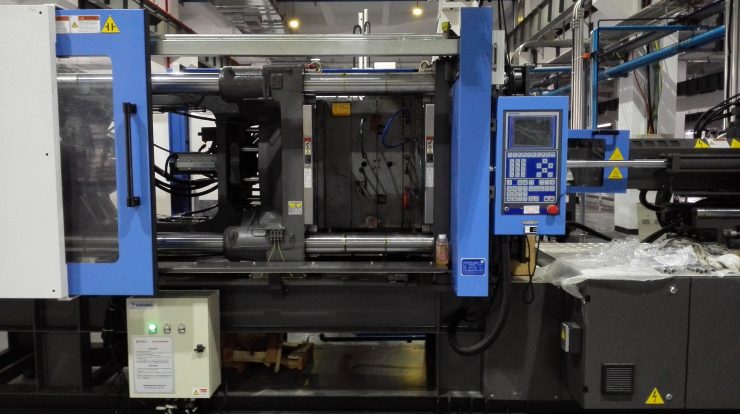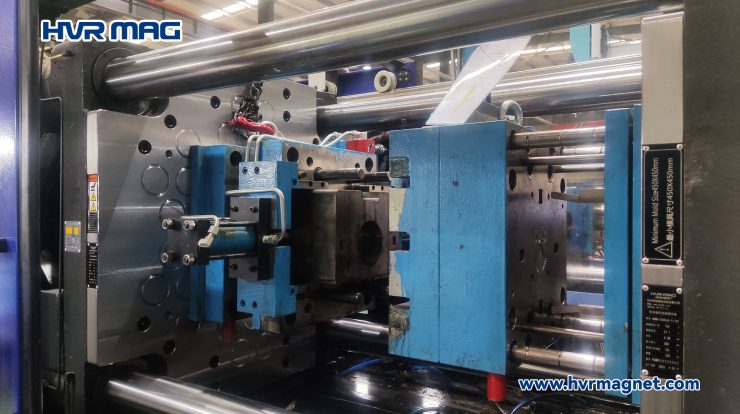
Plastic recycling is gaining immense importance in today’s world, driven by the need to reduce waste and promote sustainable practices. One crucial aspect of plastic recycling is the frequent changing of molds within the injection molding machines. Mold changing plays a pivotal role in enabling the efficient processing of different types of plastics and ensuring high-quality recycled materials. This article delves into the significance of mold changing in plastic recycling and its impact on the industry.
Minimizing Contamination Risks
Contamination is a persistent challenge in plastic recycling. Different plastic types, if not separated properly, can contaminate each other and compromise the quality of the recycled material. By changing molds between different plastic types, recycling facilities prevent cross-contamination and maintain the desired purity and quality of the recycled plastic. This practice ensures that the final recycled products meet the required standards and can be used in various applications.
Adapting to Plastic Variability
Plastic recycling involves handling a wide array of plastic materials, each with distinct characteristics. Polyethylene (PE), polypropylene (PP), polyvinyl chloride (PVC), and other types of plastics have different melting points, flow properties, and shrinkage rates. The ability to change molds allows recycling facilities to match the specific properties of the plastic being processed. This adaptability enables the production of high-quality recycled plastic suitable for diverse applications.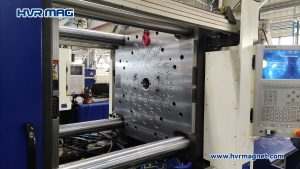
Flexibility and Market Demands
In today’s dynamic market, plastic recycling facilities must be adaptable to changing demands and opportunities. By having the capability to change molds, these facilities can quickly reconfigure their injection molding machines to produce different plastic products or cater to new recycling projects. This flexibility enhances their competitiveness and opens doors to various market segments. Recycling facilities can respond swiftly to market trends, customer requirements, and emerging opportunities, thereby expanding their potential outreach.
Optimizing Production Efficiency
Quick mold change systems have revolutionized the field of plastic recycling. Quick mold change systems, such as magnetic clamping systems, are increasingly being employed to optimize production efficiency in plastic recycling. Magnetic clamping systems use magnets to securely hold the mold in place during the injection molding process. These systems offer several advantages, including faster and easier mold changes, reduced downtime, increased productivity, and improved safety. With magnetic clamping systems, recycling facilities can streamline their operations, minimize production interruptions, and enhance overall efficiency in plastic recycling.
Maintenance and Training
Mold maintenance is vital for its longevity and sustained performance. Regular mold cleaning, lubrication, and inspection ensure optimal functionality and minimize potential disruptions. Moreover, training operators in proper mold changing procedures is crucial. Well-trained personnel can perform mold changes safely and efficiently, reducing the risk of accidents and improving overall production efficiency. By taking a proactive approach to maintenance and training, recycling facilities can ensure smooth mold changing processes and maintain a high level of operational effectiveness.
Conclusion
In the realm of plastic recycling, mold changing holds immense significance. It facilitates the processing of diverse plastic types, minimizes contamination risks, and supports efficient production of high-quality recycled materials. The ability to adapt to changing market demands and optimize production efficiency through quick mold change systems has revolutionized the industry. Furthermore, by prioritizing mold maintenance and operator training, recycling facilities can ensure smooth and safe mold changing processes. Mold changing in plastic recycling paves the way for a sustainable and circular approach to plastic usage, transforming waste into valuable resources.
For more information about electro permanent magnetic clamping system, please contact HVR MAG at export@hvrmagnet.com

